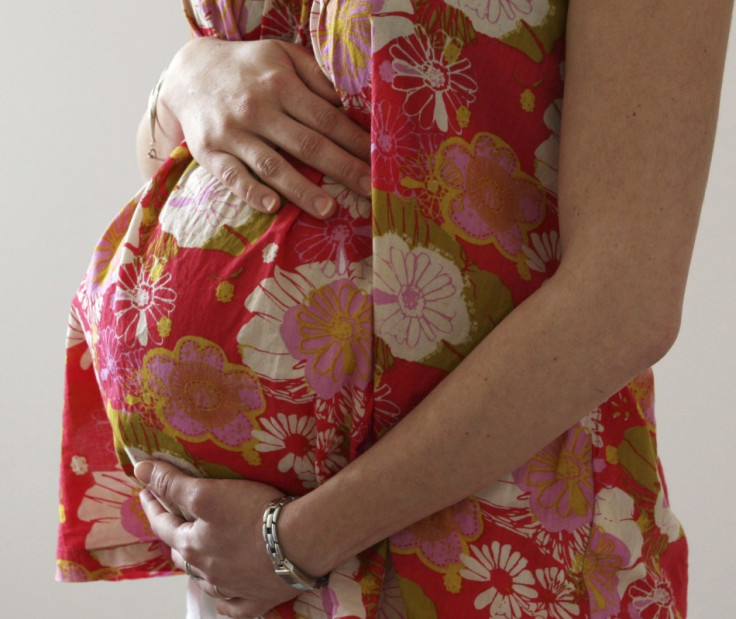New Hormone May Predict Fertility

A new hormone test may be able to predict female fertility, allowing women to chart what age they can have children until, according to research.
Scientists at St Andrews, Glasgow and Edinburgh universities have charted levels of the hormone in women of different ages, allowing them to predict when a woman will begin the menopause.
Tests will indicate whether a woman is likely to have a late or early menopause by comparing their results to an average for their age.
Women who have had treatment for diseases such as cancer will be able to see if their hormone levels have been affected. Professor Scott Nelson, from the University of Glasgow, said that this might be particularly pertinent for younger patients.
He added that it might also allow women to gauge when they would need to start thinking about fertility treatment as one in five babies is born to a women aged over 35.
Anti-Millerian Hormone (AMH) is a hormone produced by growing, egg-producing ovarian follicles.
Scientists have mapped how levels of AMH vary in women of different ages by analysing data from 3,200 women. Individual cases can then be assessed against an average to see if they are high or low, indicating a women's relative fertility.
The research concluded that AMH levels are at their peak in women aged 24, halving over ten years and almost non-existent in women in their late forties.
"We knew that high AMH levels were good for conception but we could not back that up statistically," said Tom Kelsey, a lecturer in the School of Computer Science at St Andrews.
"This study now provides us with the level you would expect to find in a normal healthy woman."
© Copyright IBTimes 2025. All rights reserved.





















